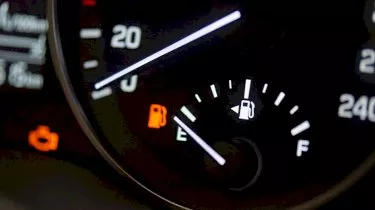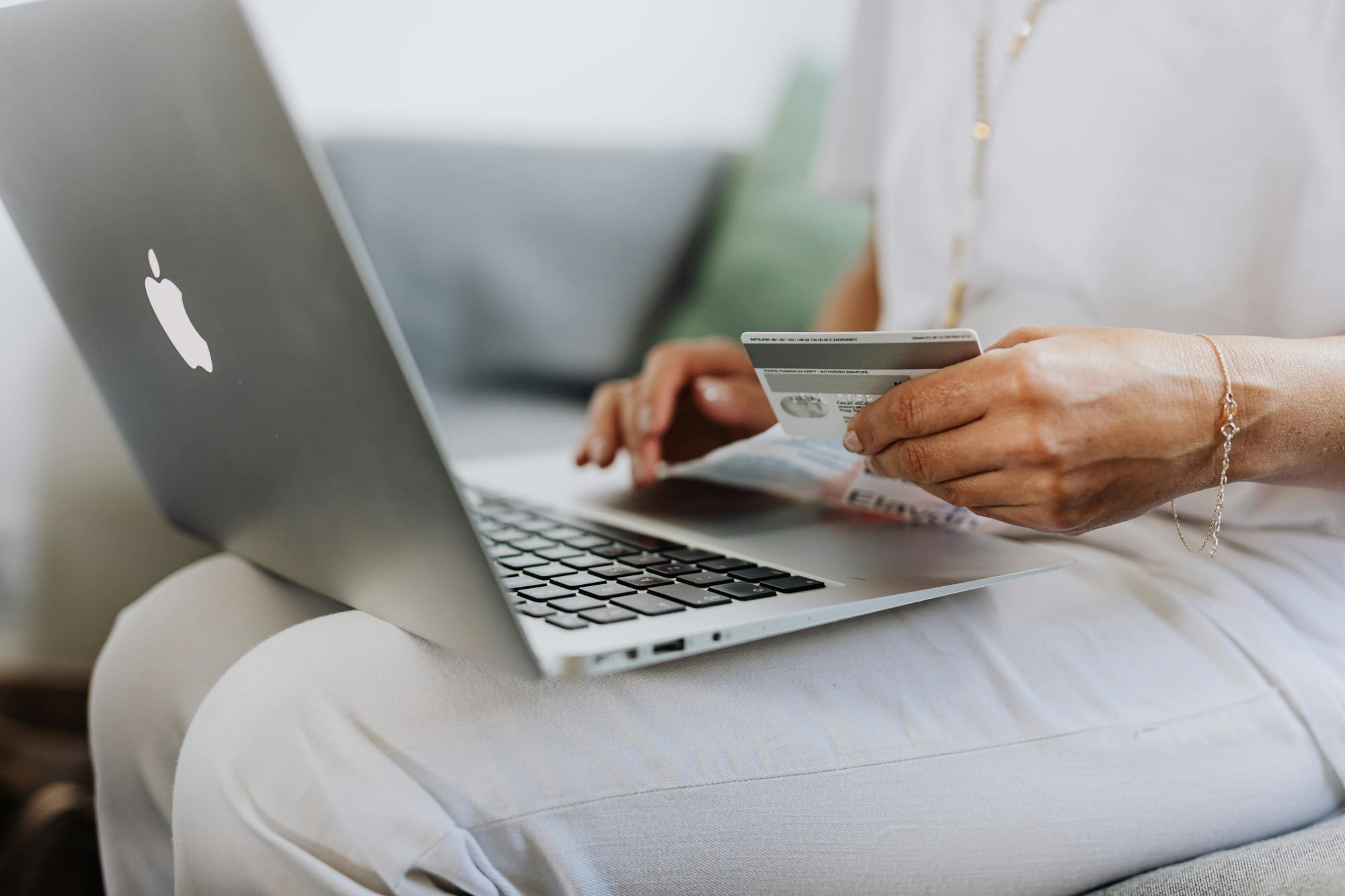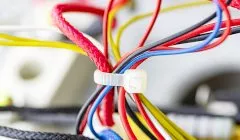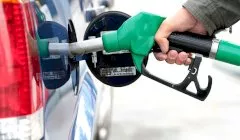Save
The link between a glowing fuel light and your personality
What you do when the fuel light comes on in your car says a lot more about your money management behaviour and personal traits than you might think.
The link between a glowing fuel light and your personality
What you do when the fuel light comes on in your car says a lot more about your money management behaviour and personal traits than you might think.

ME Bank surveyed 1,000 Australian drivers and found that one in four of them identified with having bad fuel habits.
People were identified as displaying bad fuel habits if they agreed with at least two of the following statements:
- If my fuel light comes on, I keep driving for a little while before refueling.
- When buying fuel, I don’t fill up my whole fuel tank to reduce the money I must spend in one go.
- I have run out of fuel or have been very close to running out of fuel in the past 12 months.
Across the board, drivers with bad fuel habits reported financial comfort levels that were 15 points lower than drivers with good fuel habits.
They were also 20 per cent less likely to have a rainy-day fund in case of emergency and pay off their credit card balance in full each month.

While 80 per cent of Australians who exhibited good fuel habits indicated that they think long-term about their money, only 62 per cent of people with bad fuel habits could say the same.
Good fuel habits were also more strongly correlated with people who plan their purchases and are unlikely to impulse buy.
Commenting on the findings, ME’s money expert Matthew Read said: “If you’re someone who throws caution to the wind, ignoring your fuel light until it’s almost too late, there’s a pretty strong chance this type of behavior extends to other part of your life, including your money management.”
“Like poor money management, bad fuel habits can be categorised as behaviour with short-term benefits, and relate to sense of control and organisation. In the long run, this type of behaviour can increase overall effort, stress and in some cases may end up costing you more,” Mr Read continued.
In good news, the expert said people can change their habits “with a bit of hard work and persistence”.
“If changing your behaviour can positively influence your financial comfort, then it’s worth a shot.”
He flagged changes as worthy of consideration, including shifting to a long-term mindset, dealing with things head on, and making the effort to shop around.
nestegg recently revealed that owning a car costs the average Australian $7,232 each year.
About the author

About the author


Expenses
Navigate Black Friday safely: Essential tips for global shoppers
As the global retail landscape gears up for another round of Black Friday and Cyber Monday sales, consumers worldwide are being advised to proceed with caution. HSBC, one of the leading financial ...Read more

Expenses
Expert tips to secure your financial safety net
New Zealanders are known for their "she'll be right" attitude, but when it comes to handling unexpected bills, being prepared is crucial. Read more

Expenses
Australians continue to opt for free VPNs, ignoring potential privacy risks
Australians, alongside citizens of Sweden, South Korea, and Mexico, are increasingly choosing to use free Virtual Private Networks (VPNs), despite the potential threats to their privacy. Read more

Expenses
Rooftop solar in childcare centres could cut energy bills by millions
The analysis conducted by Parents for Climate has revealed that the installation of rooftop solar and batteries in early childhood education and care (ECEC) centres could lead to savings of up to $130 ...Read more

Expenses
Corporate Traveller identifies key strategies for business travel savings
Flight Centre Travel Group's Corporate Traveller, a premier service provider for managing SME travel, has shared several effective strategies that enabled their business clients to significantly ...Read more

Expenses
Price no longer the prime factor for energy bills
Many Australians are intrigued but unconvinced when it comes to greening their energy bill. Read more

Expenses
1 in 2 Aussie pet owners spends on their pets more than themselves
Does owning a pet eat into your monthly budget? You’re not alone. Read more

Expenses
The real reason Sydney’s petrol prices are so high
Sydney fuel prices may seem like they’re soaring, but a recent study indicates that they may be cheaper than you think. Read more

Expenses
Navigate Black Friday safely: Essential tips for global shoppers
As the global retail landscape gears up for another round of Black Friday and Cyber Monday sales, consumers worldwide are being advised to proceed with caution. HSBC, one of the leading financial ...Read more

Expenses
Expert tips to secure your financial safety net
New Zealanders are known for their "she'll be right" attitude, but when it comes to handling unexpected bills, being prepared is crucial. Read more

Expenses
Australians continue to opt for free VPNs, ignoring potential privacy risks
Australians, alongside citizens of Sweden, South Korea, and Mexico, are increasingly choosing to use free Virtual Private Networks (VPNs), despite the potential threats to their privacy. Read more

Expenses
Rooftop solar in childcare centres could cut energy bills by millions
The analysis conducted by Parents for Climate has revealed that the installation of rooftop solar and batteries in early childhood education and care (ECEC) centres could lead to savings of up to $130 ...Read more

Expenses
Corporate Traveller identifies key strategies for business travel savings
Flight Centre Travel Group's Corporate Traveller, a premier service provider for managing SME travel, has shared several effective strategies that enabled their business clients to significantly ...Read more

Expenses
Price no longer the prime factor for energy bills
Many Australians are intrigued but unconvinced when it comes to greening their energy bill. Read more

Expenses
1 in 2 Aussie pet owners spends on their pets more than themselves
Does owning a pet eat into your monthly budget? You’re not alone. Read more

Expenses
The real reason Sydney’s petrol prices are so high
Sydney fuel prices may seem like they’re soaring, but a recent study indicates that they may be cheaper than you think. Read more













